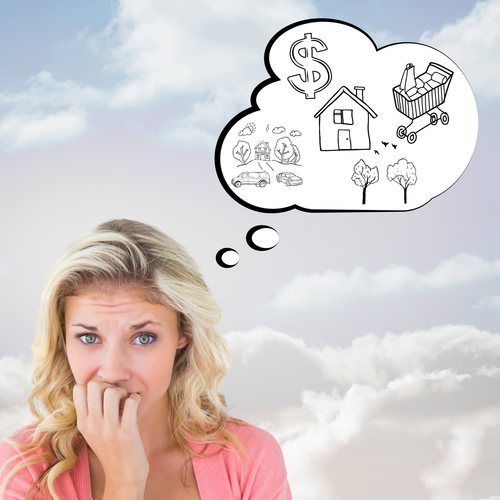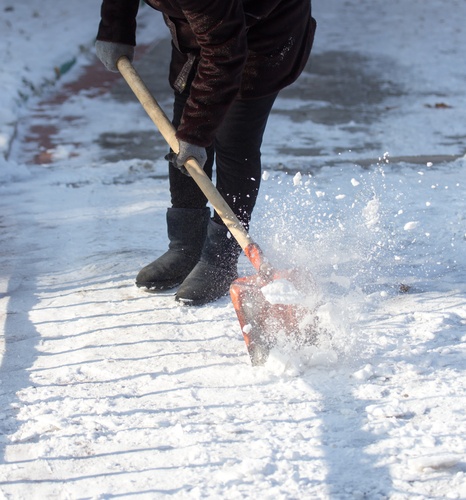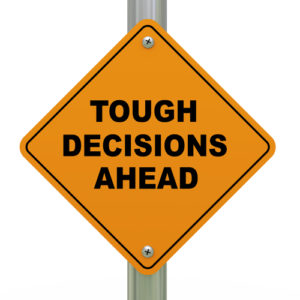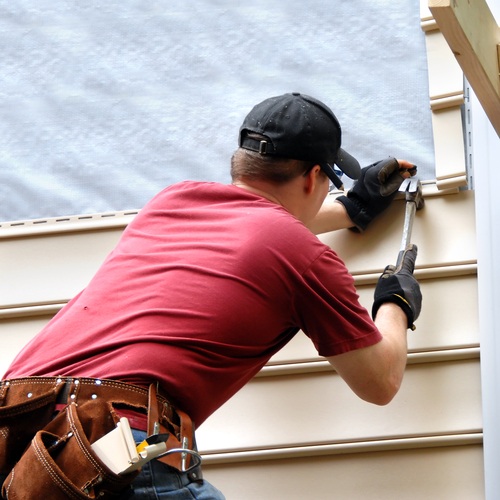How to Sell Your House When You Work From Home

According to the Bureau of Labor Statistics, nearly one quarter of employed Americans work from home. Innovations in technology coupled with a changing economy have made it easier than ever to do your job from the comfort of your own home. And while working from home is often more convenient for most people, it can be somewhat of a challenge when it comes time to sell your home. If you are a telecommuter getting ready to put your home on the market, here are our best tips for navigating the process.
Set up parameters for showing times
One of the realities of selling your home is that ideally it should be ready for appointments at a moment’s notice. This may not always be possible if you work from home. Be clear with your real estate agent from the beginning about any restrictions you may need to place on showings and open houses. Request that you be given at least 30 minutes notice before a prospective buyer shows up, or ask that your home only be shown at certain times of the day. This gives you time to plan in case you need to vacate while you’re working. While your agent may not be able to accommodate you every time, you will be inconvenienced less frequently.
Make adjustments to your workload or workspace
If you are interrupted while you are working, have a contingency plan in place. Do you have any work that can be completed in advance? If so, try to use your free time to get ahead on work. This way, if you have to step away for an hour or two during the day you won’t be missing any deadlines. Does your work require that you be at home? If not, find a local coffee shop or library with Wi-Fi so that you can relocate easily during the day when needed. If those kinds of public spaces have too many distractions, considering temporarily renting a spot in a co-working space.
Keep your workspace tidy
This should go without saying, but when you’re showing your home, it needs to be spotless. This goes for your workspace too – which may be tough for those of you who thrive with a messy desk. Every morning before you begin work, and every evening at the end of the workday, take a few minutes to clean. Organize papers, tidy your desk, wipe down surfaces, clear away dishes and cups from lunch and sweep or vacuum the floor. Although you are actively working in the space, it needs to have the appearance of being neutral. Remember, you want potential buyers to be able to imagine themselves in your home. Don’t make it harder for them by leaving evidence of your workday behind you.
Take time off
While it may not always be possible, if you have some flexibility in your work schedule, why not take some time off? This gives you the time and space you need to focus on getting your home sold quickly, and it will save your work from constant interruptions. After all, isn’t flexibility with scheduling one of the greatest perks of working from home? Use it to your advantage during what can be a hectic time.
Compliments of Virtual Results







 When a buyer decides to make an offer on your home, they usually make the decision with their heart, not their head. Buying a home is an emotional decision, and smart sellers will leverage this information to make the quickest sale for the highest price. Just in time for Valentine’s Day, here are our best tips for how to make buyers fall in love with your home.
When a buyer decides to make an offer on your home, they usually make the decision with their heart, not their head. Buying a home is an emotional decision, and smart sellers will leverage this information to make the quickest sale for the highest price. Just in time for Valentine’s Day, here are our best tips for how to make buyers fall in love with your home. Do you find yourself having to choose between two homes that you love? It’s a lucky problem to have. Some buyers struggle to find one home that meets their needs. Nonetheless, your good fortune doesn’t make the choice any easier. If you find yourself torn between two houses, these tips can help you make a decision you’ll feel comfortable with in the end.
Do you find yourself having to choose between two homes that you love? It’s a lucky problem to have. Some buyers struggle to find one home that meets their needs. Nonetheless, your good fortune doesn’t make the choice any easier. If you find yourself torn between two houses, these tips can help you make a decision you’ll feel comfortable with in the end.


 If you’re selling your home, then an open house is likely going to be one of the tools your agent uses to market your property to prospective buyers. An open house is a great way to show your home to as many buyers as possible, so it’s important to take time to prepare. Here’s what you should do in the days leading up to the open house so that you can make the most of the opportunity.
If you’re selling your home, then an open house is likely going to be one of the tools your agent uses to market your property to prospective buyers. An open house is a great way to show your home to as many buyers as possible, so it’s important to take time to prepare. Here’s what you should do in the days leading up to the open house so that you can make the most of the opportunity.

 Catch Our Feed
Catch Our Feed Subscribe via Email
Subscribe via Email Follow Our Tweets
Follow Our Tweets Friend Us On Facebook
Friend Us On Facebook Watch Us On Youtube
Watch Us On Youtube